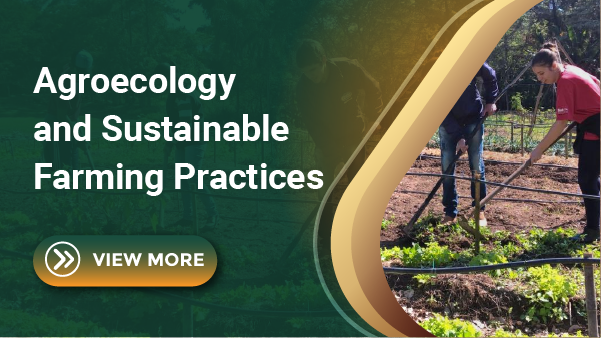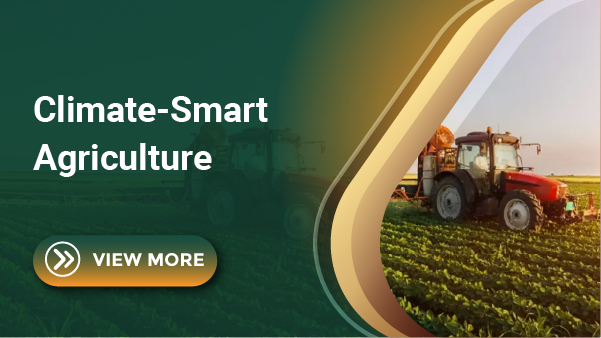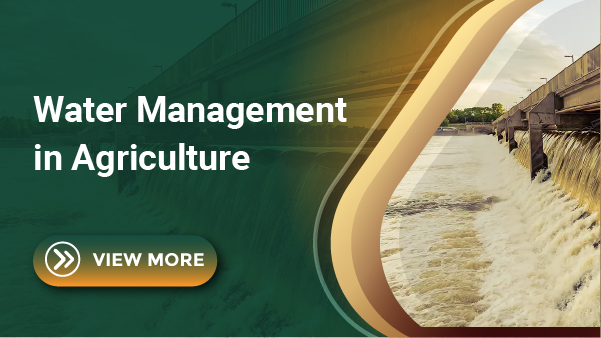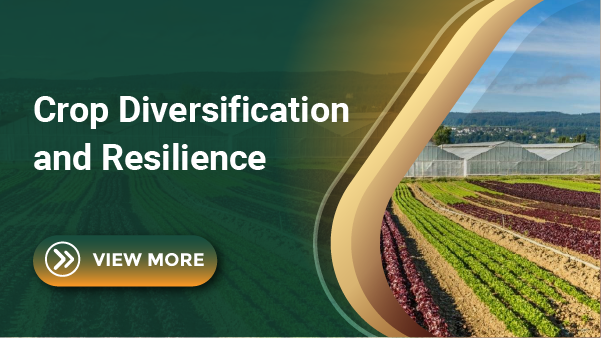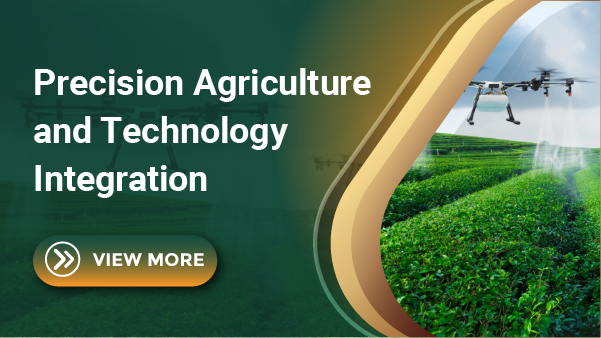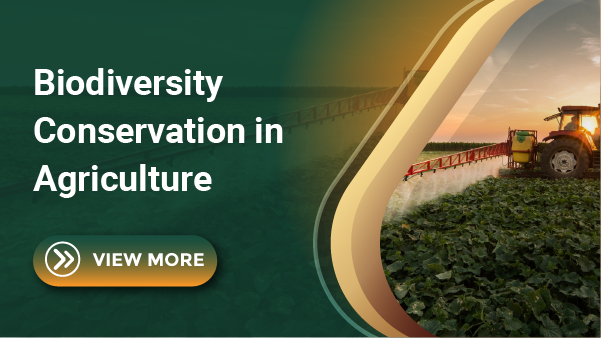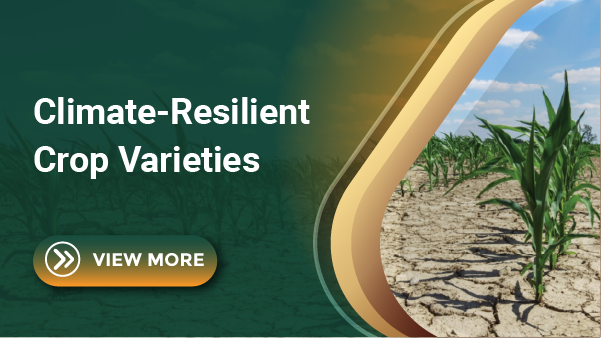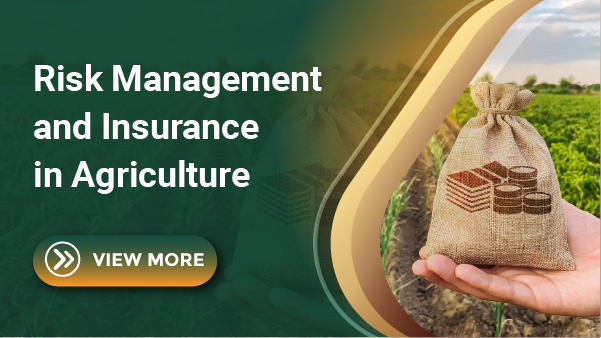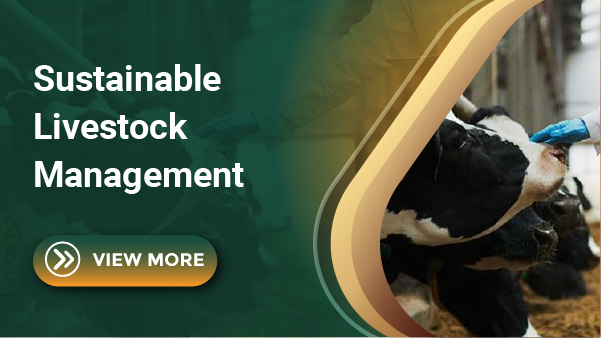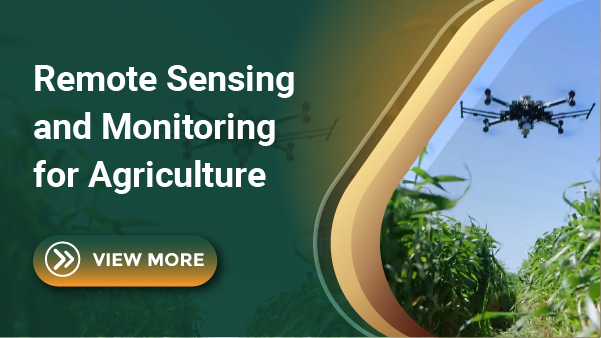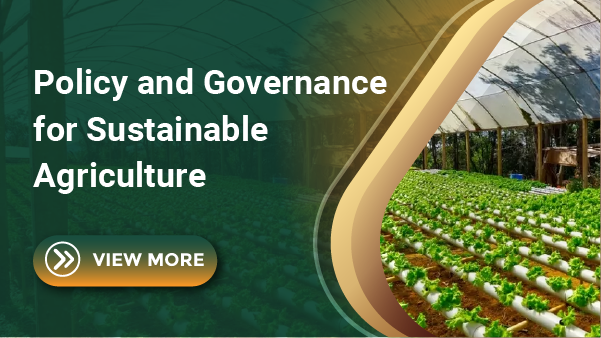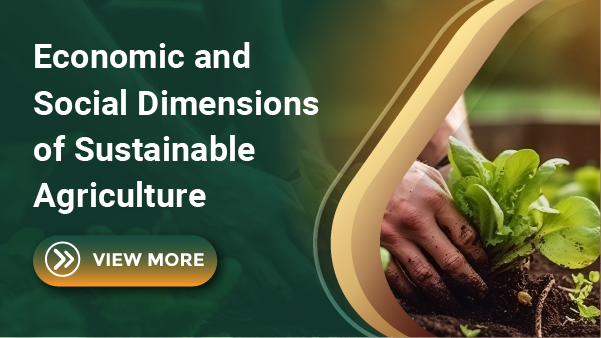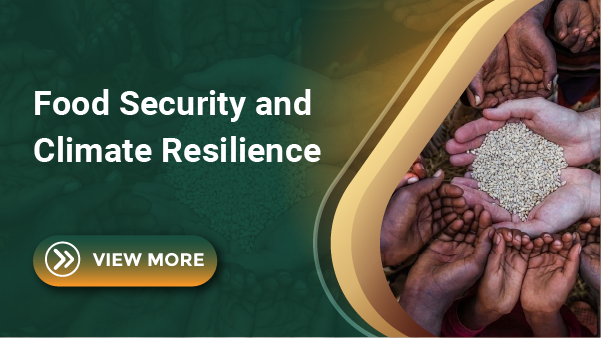Climate-Resilient
Crop Varieties
Session Overview:
The “Intercontinental Conference on Sustainable Agriculture and Climate Resilience: A Management Perspective” is designed to serve as a premier platform for esteemed Research Experts worldwide. Attendees can anticipate unparalleled opportunities to network, gain invaluable insights, showcase their hidden potential, present significant research findings, and receive due credit and recognition for their diligent work. With an overarching theme centred on preparing for a sustainable future, the conference aims to pave the way for a healthier and sustainable tomorrow for generations to come.
Prepare for an enriching voyage through cutting-edge research as you collaborate with esteemed experts worldwide. Together, we'll forge paths to success, reshaping the future and redefining scholarly excellence. Join us at the International Conference on Recent Trends in “Intercontinental Conference on Sustainable Agriculture and Climate Resilience: A Management Perspective”. We warmly invite submissions of full papers and abstracts across diverse sessions such as,
Who Can Join
Tracks
Topics of Interest for Submission include, but are not limited to:
1 Breeding Strategies for Climate Resilience
2 Biotechnological Innovations in Crop Adaptation
3 Crop Diversity and Climate Adaptation
4 Global Seed Bank Management
5 Farmers' Adoption and Knowledge Transfer
6 Impact on Smallholder Farmers
7 Integrated Climate-Smart Agricultural Practices
8 Policy Frameworks for Climate-Resilient Agriculture
9 Public-Private Partnerships in Crop Innovation
10 Economic and Environmental Impact Assessment
Session Speaker

Mr. Mohd Afzanizam Muda
Group Climate Risk Management & Research (CRMR)
GCRO Office
Maybank Group,Universiti Malaya,Malaysia
Key Themes
- Attendees of the conference session on "Climate-Resilient Crop Varieties" will benefit significantly from an exploration of breeding strategies for climate resilience, biotechnological innovations, and crop diversity. These subtopics will provide insights into the development of crop varieties that can thrive under changing climate conditions, ensuring sustained agricultural productivity and food security. By understanding advanced breeding techniques and the application of biotechnology in crop adaptation, participants will be equipped with cutting-edge knowledge to develop resilient crops that can withstand extreme weather, pests, and diseases.
- The session will also delve into global seed bank management and the critical role of crop diversity in climate adaptation. Attendees will learn about the importance of preserving a wide range of genetic resources in seed banks to maintain the potential for developing new, resilient crop varieties. Discussions on farmers' adoption and knowledge transfer will underscore the need to bridge the gap between research advancements and practical implementation. By promoting effective knowledge transfer strategies, stakeholders can ensure that farmers, especially smallholders, are empowered to utilize climate-resilient crops and practices.
- Additionally, the conference will highlight integrated climate-smart agricultural practices, policy frameworks for climate-resilient agriculture, and the role of public-private partnerships in fostering crop innovation. These sessions will demonstrate the importance of coordinated efforts among governments, private sectors, and farming communities to create supportive environments for sustainable agriculture. Economic and environmental impact assessments will provide a comprehensive understanding of the benefits and challenges associated with adopting climate-resilient crop varieties, enabling stakeholders to make informed decisions that balance profitability and environmental stewardship.
Scope & Benefits of Attending, “Intercontinental Conference on Sustainable Agriculture and Climate Resilience: A Management Perspective:
Prepare yourself for an extraordinary experience at the “Intercontinental Conference on Sustainable Agriculture and Climate Resilience: A Management Perspective” conference, where attendees will have the opportunity to explore a diverse range of topics spanning various disciplines.
Attending the “Intercontinental Conference on Sustainable Agriculture and Climate Resilience: A Management Perspective” conference has numerous scope and benefits like:
Scope and Benefits of Attending the Intercontinental Conference on Sustainable Agriculture and Climate Resilience: A Management Perspective

Sustainable Agriculture and Climate Resilience: 2024
- Agroecology and Sustainable Farming Practices: Attending this conference provides a comprehensive understanding of agroecology and sustainable farming practices. Experts will present innovative techniques that enhance productivity while maintaining ecological balance. Participants will gain insights into sustainable farming models that promote biodiversity, soil health, and reduce reliance on chemical inputs, thus ensuring long-term agricultural sustainability.
- Climate-Smart Agriculture : Climate-smart agriculture is pivotal in addressing the challenges posed by climate change. This conference offers a platform to explore strategies that integrate climate resilience into agricultural systems. Attendees will learn about adaptive techniques that optimize resource use, reduce greenhouse gas emissions, and enhance resilience to climate variability, making them better equipped to implement sustainable agricultural practices in diverse environments.
- Water Management in Agriculture : Efficient water management is critical for sustainable agriculture, especially in the face of climate change. This conference session will delve into advanced irrigation technologies, water-saving techniques, and integrated water management practices. By participating, attendees will understand how to optimize water use, improve crop yields, and ensure the sustainability of water resources for future generations.
- Crop Diversification and Resilience : Crop diversification is a key strategy for building resilience against pests, diseases, and climate extremes. The conference will highlight innovative approaches to crop diversification that enhance agricultural sustainability and food security. Participants will discover how diversifying crops can improve soil health, reduce dependency on single crop varieties, and increase farm resilience to climatic shocks.
- Precision Agriculture and Technology Integration : The integration of technology in agriculture through precision farming offers immense benefits for sustainable agriculture. This session will showcase cutting-edge technologies like GPS, drones, and IoT for monitoring and optimizing agricultural practices. Attendees will learn how to leverage these technologies to increase efficiency, reduce waste, and improve overall farm productivity while minimizing environmental impact.
- Biodiversity Conservation in Agriculture : Conserving biodiversity within agricultural systems is essential for ecosystem stability and resilience. The conference will address strategies for maintaining and enhancing biodiversity on farms, including the use of cover crops, agroforestry, and habitat restoration. Participants will gain practical knowledge on implementing biodiversity-friendly practices that support ecological balance and agricultural productivity.
- By attending the Intercontinental Conference on Sustainable Agriculture and Climate Resilience, participants will not only stay at the forefront of agricultural innovation but also network with leading experts and policymakers. This conference is a vital opportunity to learn, collaborate, and contribute to the global effort towards sustainable and resilient agriculture.
Author Guidelines
Guidelines for Abstract Submission:
- Language: Abstracts must be written in English.
- Length: Limited to one paragraph with 200-250 words.
- Format: Submit in MS Word (.doc or .docx) document format.
- Content: Abstracts should provide an informative summary of the original work. Include a brief biography with your abstract, following the example provided in the template.
- Formatting: Center-align the Title, Author's Names, and Affiliations. Underline the presenting author's name.
- Submission: Please submit your abstract through the designated submission portal.
- Acknowledgment: Upon abstract submission, you will receive an acknowledgment email within three working days.
Evaluation Process

Guidelines for Full Paper Submission
If your abstract has been accepted and the registration fee for Beyond Intelligence 2024 has been paid, you are invited to submit the full paper. Please adhere to the following guidelines for the submission:

- Total number of pages: 6-8 in double-column format
- Language: English (checked for grammar and language errors)
- Tables, figures, and images should be properly named and of high quality.
- Keywords should be written in lowercase letters (except for names/scientific names) and separated by commas.
- Affiliation names, including the country, must be provided.
- Each paper should be structured into the following sections:
- Background, Motivation, and Objective
- Statement of Contribution/Methods
- Results, Discussions, and Conclusions
Once your full paper is prepared according to the above instructions, please proceed to submit it through the provided link. Submit your Full paper Here.







